What is a Semi-Permanent Trailer?
In the versatile realm of transportation and logistics, semi-permanent trailers play a crucial role, particularly for businesses dealing with transient storage, flexible logistics, and mobile operations. But what exactly differentiates a semi-permanent trailer from its more conventional counterparts?
A semi-permanent trailer is designed to be used in a versatile manner; unlike standard trailers that are often employed for short-term hauling tasks, these trailers can be set up for extended durations. This characteristic is particularly advantageous for industries that require frequent loading and unloading while maintaining a stable, consistent presence at a specific location. Unlike traditional mobile units, semi-permanent trailers often feature setups that promote durability and longevity, making them a reliable choice for businesses.
Key Features of Semi-Permanent Trailers
To understand why semi-permanent trailers are integral to modern logistics, it’s imperative to dissect their key features:
| Feature | Description |
|---|---|
| Structure | Utilizes fortified materials for enhanced durability, allowing for long-term site placement. |
| Versatility | Adaptable for various uses, such as storage, retail, or office spaces. |
| Mobility | While being semi-permanent, they can still be transported when necessary. |
| Accessibility | Designed for easy loading and unloading operations, enhancing operational efficiency. |
| Customization | Available in diverse sizes and configurations to meet specific business needs. |

1. Enhanced Durability
One of the most striking characteristics of semi-permanent trailers is their robust construction. Manufacturers often employ high-grade materials such as steel and aluminum, reinforcing the structure to withstand harsh environmental conditions. This durability extends the lifespan of the trailer and reduces the need for frequent repairs or replacements, which can significantly affect operational costs.
2. Adaptable Applications
The adaptability of semi-permanent trailers is another essential feature. Businesses can utilize them across various applications, including temporary offices at construction sites, seasonal retail spaces, mobile workshops, or even as military supply units. This versatility allows companies to maximize resource utilization, providing the flexibility to adapt as operations evolve.
3. Efficient Mobility
While the term “semi-permanent” may imply a static nature, these trailers are crafted for mobility without compromising stability. Equipped with features that facilitate easy transport, businesses can relocate the trailers to meet changing demands while ensuring that setup and breakdown are straightforward processes.
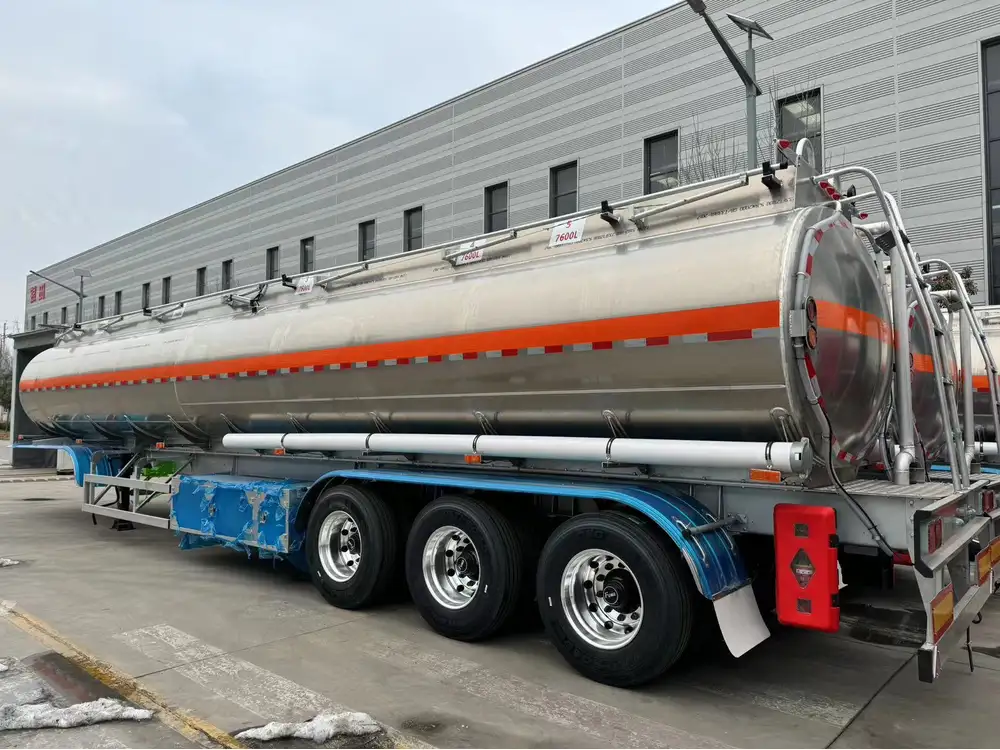
4. User-Friendly Design
Semi-permanent trailers are designed for efficiency. Features such as ramps, side doors, and loading docks allow for smooth logistical operations, making it simple to load and unload goods. This is critical for businesses that rely on rapid turnaround times and efficient workflows.
5. Customizable Options
Every business has unique requirements. Semi-permanent trailers can be tailored to individual specifications, whether you need additional shelving for storage, specific dimensions for transporting goods, or integrated technology for monitoring purposes. This customization facilitates streamlined operations and enhances the functionality of the trailers.
The Advantages of Using Semi-Permanent Trailers
The increasing popularity of semi-permanent trailers can be attributed to numerous advantages they offer businesses.
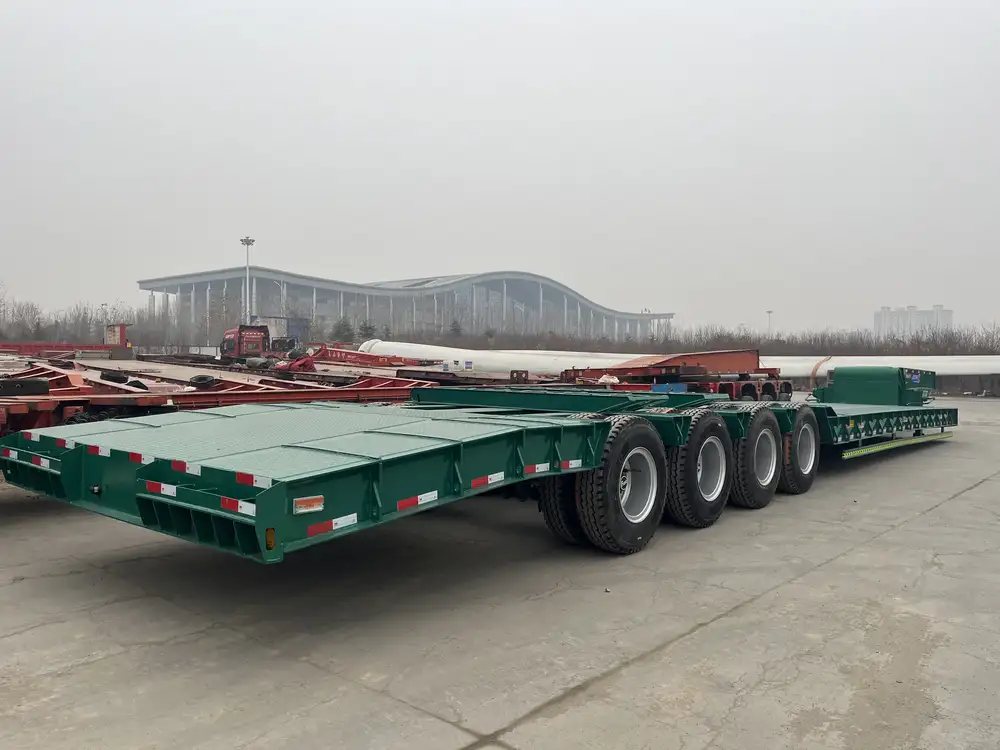
Economic Viability
- Cost-Effective Solutions: Investing in semi-permanent trailers can save companies money by reducing rental costs associated with temporary storage units or mobile facilities. Moreover, their robust construction translates to lower long-term maintenance expenses.
Versatile Deployment
- Swift Setup and Relocation: Semi-permanent trailers can be deployed quickly, enabling businesses to set up operations or provide services efficiently. Their ability to move when needed is indispensable in dynamic environments.
Increased Operational Efficiency
- Streamlined Processes: By having designated space for storage, goods can be organized more effectively, reducing time wasted during loading and unloading. This efficiency contributes directly to overall productivity.

Types of Semi-Permanent Trailers
Exploring the various types of semi-permanent trailers reveals the breadth of options available to businesses. Here’s a useful breakdown:
| Type | Key Features |
|---|---|
| Storage Trailers | Typically insulated, offering protection against weather conditions. |
| Office Trailers | Equipped with amenities for workspace functionality, including power and HVAC. |
| Mobile Retail Units | Customizable designs ideal for pop-up shops, often featuring glass displays. |
| Workshops | Tailored setups for on-site repairs and services, often with integrated tools. |
| Container Trailers | Versatile storage solutions, often stackable and suitable for cargo transport. |
1. Storage Trailers
These trailers are primarily utilized for storage purposes, often chosen for their weather resistance and security features. Businesses can safely store equipment, inventory, or materials without worrying about exposure or theft.
2. Office Trailers
Ideal for construction sites, office trailers are outfitted to create a functional workspace on the go. Equipped with necessary utilities such as power, HVAC, and connectivity, they allow companies to maintain productivity in remote locations.
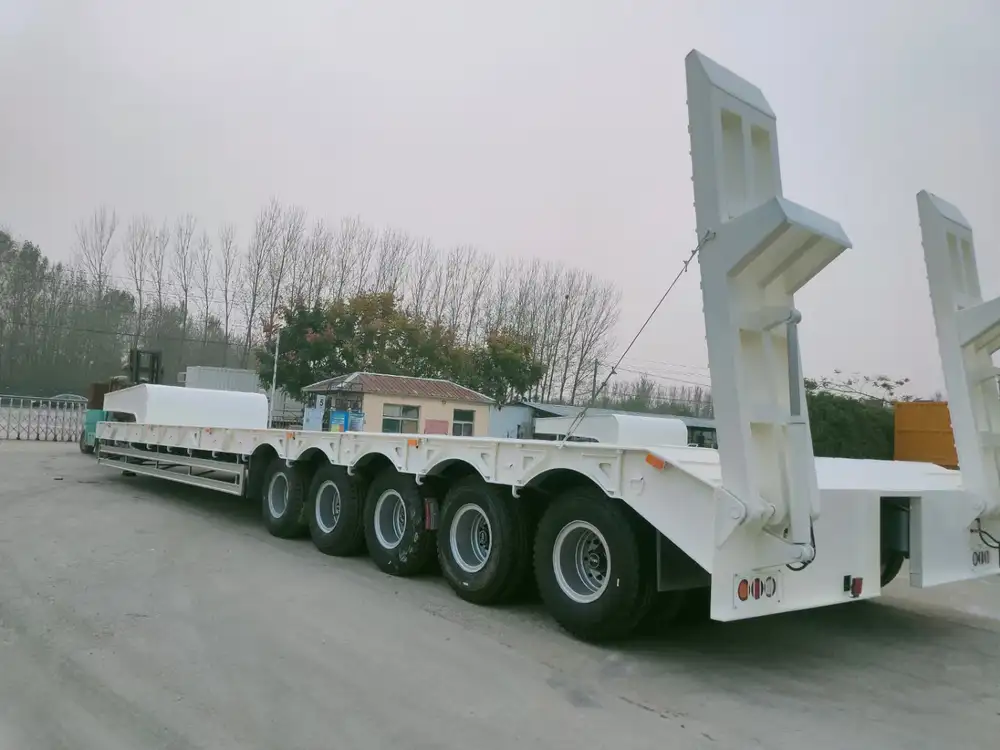
3. Mobile Retail Units
The rise of e-commerce and pop-up retail experiences has driven the need for mobile retail units. These trailers are designed to attract customers with visually appealing layouts and can be placed strategically for maximum visibility.
4. Workshops
Many industries require flexible solutions for on-site services, like repairs or technical support. Workshops provide the necessary tools and workspace to perform tasks efficiently, featuring a practical design that fosters productivity.
5. Container Trailers
These trailers serve dual purposes: they can be utilized for storage as well as transportation. Container trailers are often stackable and sturdy, making them ideal for logistics operations.

Considerations When Choosing a Semi-Permanent Trailer
Selecting the right semi-permanent trailer necessitates careful consideration of various factors to ensure that it aligns with your operational needs.
1. Purpose of Use
What will the trailer primarily be used for? Understanding the specific application—be it storage, workspace, retail, or logistics—will guide your selection process.
2. Size and Capacity
Assessing the required dimensions in relation to the space available is essential. Ensure that the trailer fits comfortably in its designated area while offering enough capacity for its intended use.
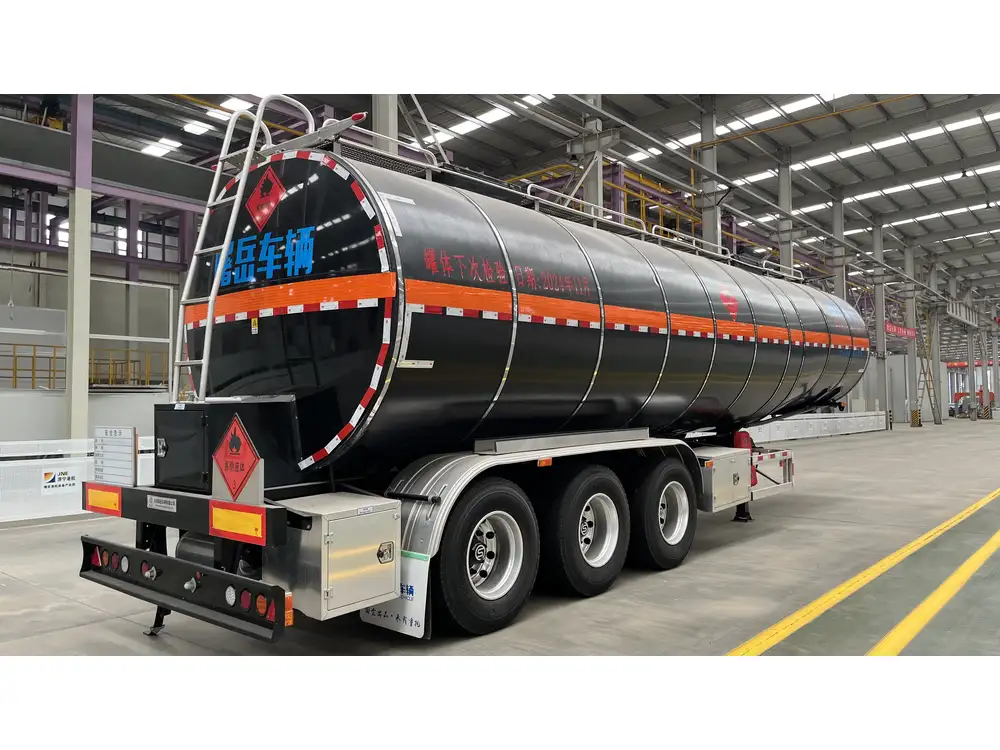
3. Budget Constraints
Establishing a clear budget will help narrow down your options. Determine how much you’re willing to invest in a semi-permanent trailer, factoring in ongoing maintenance and operational costs.
4. Location and Environmental Factors
The geographical location and environmental conditions (such as humidity or temperature extremes) should be considered. Choose a trailer that can withstand local weather patterns and environmental stressors.
5. Customization Needs
Investigate whether the trailer can be modified to meet specific needs, whether through shelving, power supply, or custom interiors. A customizable design may enhance functionality dramatically.
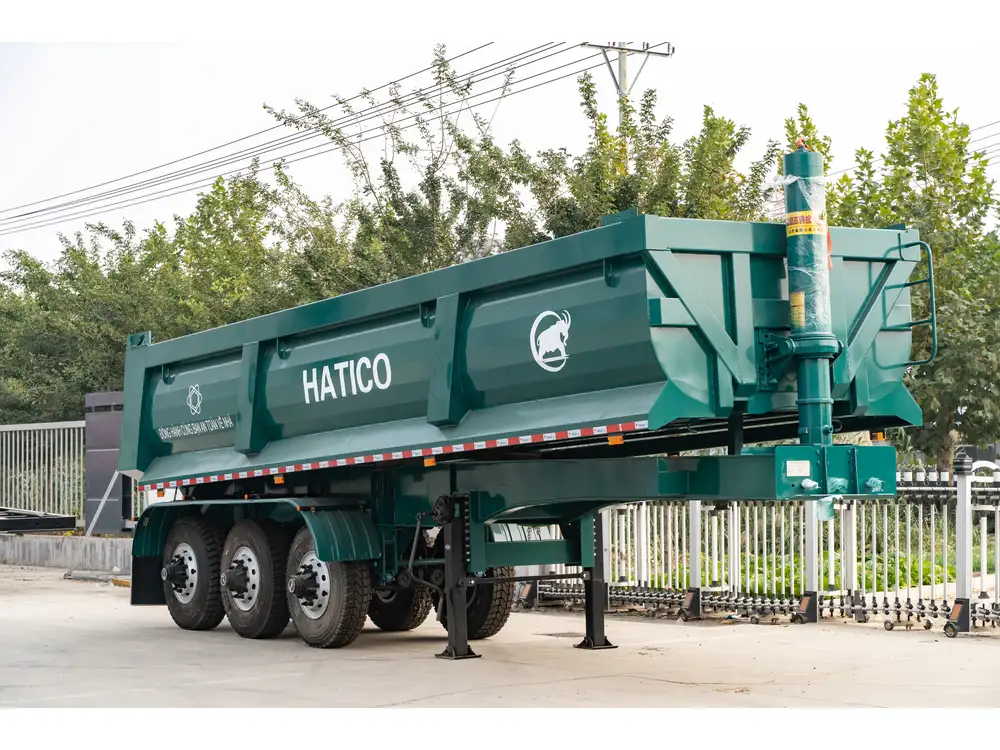
Maintenance of Semi-Permanent Trailers
Proper maintenance is vital to ensure the longevity and functionality of semi-permanent trailers. Here are essential practices to consider:
Regular Inspections
Conduct routine checks for structural integrity, electrical systems, and insulation. Addressing wear and tear early can avert significant problems later.
Cleaning Protocol
Maintaining cleanliness not only preserves the appearance but also protects against mold or pest infestations. Use appropriate cleaning supplies that won’t damage materials.

Tire Care
If the trailer is to be moved often, ensure the tires are inflated adequately and subject to regular wear inspections to maintain safety during transportation.
Documentation
Keeping meticulous records of repairs, inspections, and modifications can provide invaluable insights into the trailer’s performance and may enhance resale value.
Conclusion: The Future of Semi-Permanent Trailers
As logistics and business needs evolve, the role of semi-permanent trailers is poised to grow. With their adaptability, durability, and cost-effectiveness, they offer businesses a sophisticated solution for various operational requirements. Investing in a semi-permanent trailer not only enhances operational flexibility but also positions your business for success in a continually changing market landscape.
In a world where efficiency and versatility are paramount, the semi-permanent trailer stands out as an innovative tool designed to meet the multifaceted demands of businesses across numerous sectors. By understanding its features, advantages, and appropriate maintenance practices, businesses can leverage semi-permanent trailers to elevate their operational prowess effectively.



